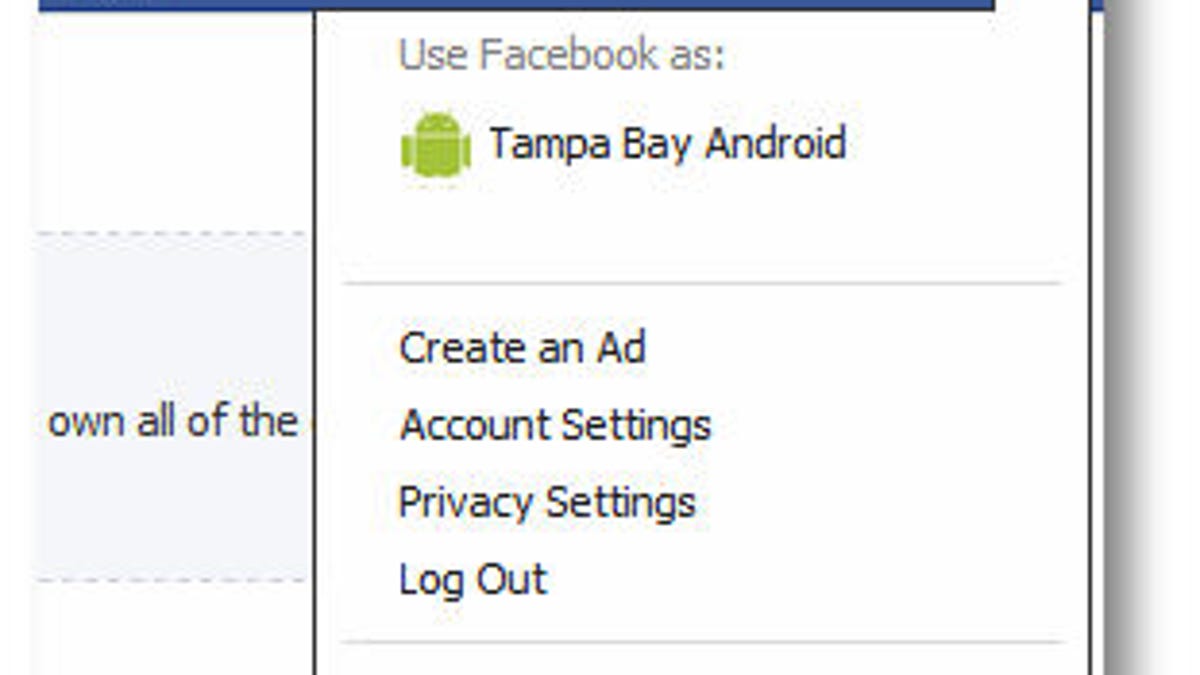85% of Americans hate targeted political ads on Facebook
"If I found out that Facebook was sending me ads for political candidates based on my profile information that I had set to private, I would be angry." Guess what? Facebook already does this. Go ahead, get angry.
The majority of Americans are very much against the practice of tailored political ads, a specific market that is seeing tremendous growth as we get closer and closer to the 2012 election. In fact, most Americans dislike tailored political advertising so much they claim it decreases their chance of voting for a candidate they already support.
The new results come from a 20-minute questionnaire conducted by a team of researchers at the University of Pennsylvania's Annenberg School for Communication. The full findings based on the 1,503 respondents surveyed are in the 28-page document titled "Americans Roundly Reject Tailored Political Advertising" (PDF).
I was particularly interested in these two Facebook-specific conclusions:
- 85 percent of adult Americans agree (including 47 percent who agree strongly) that "If I found out that Facebook was sending me ads for political candidates based on my profile information that I had set to private, I would be angry."
- 70 percent of adult Americans say their likelihood of voting for a candidate they support would decrease (50 percent say decrease a lot, 22 percent say decrease somewhat) if they learn a candidate's campaign organization uses Facebook to send ads to the friends of a person who Likes the candidate's Facebook page.
For context, you should probably know that the second point is based on the following scenario:
Imagine Sally visits the Facebook Page of a political candidate and clicks that she Likes the page. The campaign organization then pays Facebook to send ads to the Facebook pages of Sally's friends. The ads contain Sally's name and photo and proclaim that Sally supports the candidate.
Here's the crazy part: Facebook already does this. Here's the crazier part: most Facebook users know it. When asked if they thought "any candidates have used Facebook information in this way," 70 percent of our respondents said yes (10 percent said no, and 20 percent said they were unsure).
So... Facebook is using targeted advertising, Facebook users don't like targeted advertising, and Facebook users know about the targeted advertising. Nevertheless, Facebook users keep using Facebook. Surprised? Yeah, me neither.
If you're shocked, however, especially given that Facebook is doing this during the 2012 election season, then this part of the report might further raise your eyebrows:
For example, Facebook has introduced ZIP-code specific advertising, which may be useful for politicians looking to target advertisers in specific districts. Microtargeting techniques are used by political campaigns to gather information about individuals from social networking sites - including interests, employment, ethnicity, language and age - and send highly targeted ads to those deemed beneficial by the campaign. Harry Reid's election organization used Facebook to target young people as well as individuals identified as lesbian, gay, bisexual, or transgender through profile information like age and relationship status. Campaigns are even able to tap into friendship networks to help build their list of targets.
In addition, many candidates have Facebook pages where they invite voters to Like them. These pages will send campaign information to those subscribed to the page. It may not be clear to those who sign up that they may become stars in targeted, tailored ads. If a candidate pays Facebook, the social networking site will send advertisements called sponsored stories to the Facebook friends of people who are fans of the candidate. These tailored ads often include the fan's Facebook photo. They tell those receiving the message that their friend supports the candidate.
These are all features that advertisers love and users hate. This issue isn't one that only Facebook has to grapple with. Anyone in the marketing industry will tell you that consumers hate advertisements because they are bombarded with them. There are of course exceptions, but few.
The social-networking giant has a particularly hard role to play because it is the one innovating in the social advertising space, which is constantly being defined and redefined by none other than Facebook. This of course comes at the cost of the user, who often has to deal with privacy issues.


